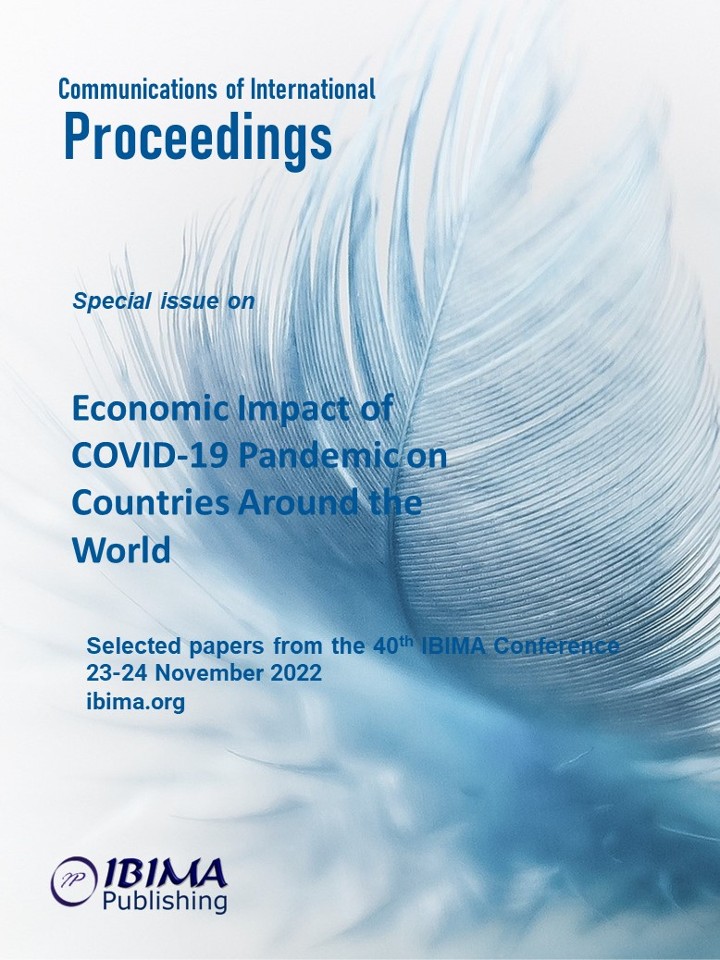
Maria JASTRZĘBSKA
Gdansk University of Technology, Gdansk, Poland

Research background: The quality of information provided by the fiscal authorities and the correct flow of this information between them and the society are very important especially in times of crisis, when there is an imbalance in public finances and an increasing public debt. Ensuring fiscal transparency (transparency of public finances) reduces fiscal risk and corruption and supports public acceptance of fiscal reforms. Purpose of the article: The aim of the article is to assess the transparency of public finances in Poland in the era of COVID-19 pandemic. Changes in the system of public finances, which cause an increase in the opacity of public finances, were analysed. It also recommends necessary actions to be taken in order to increase transparency of public finances. Research methods: Qualitative analysis, deductive and inductive reasoning were used. Findings and added value: Poland lacks a transparent message about public finances with a particular focus on the state budget, which would allow citizens to control the government’s fiscal policy actions. In 2020, a number of solutions were introduced, which meant that a significant part of public expenditure is made outside the control of the parliament. In addition, a significant source of their financing is the issue of debt securities issued by the State Treasury, or guaranteed by the State Treasury. It is difficult to reliably assess the condition of public finances due to differences in the methodology of calculating the level of public sector deficit and debt in terms of national and EU legal regulations.